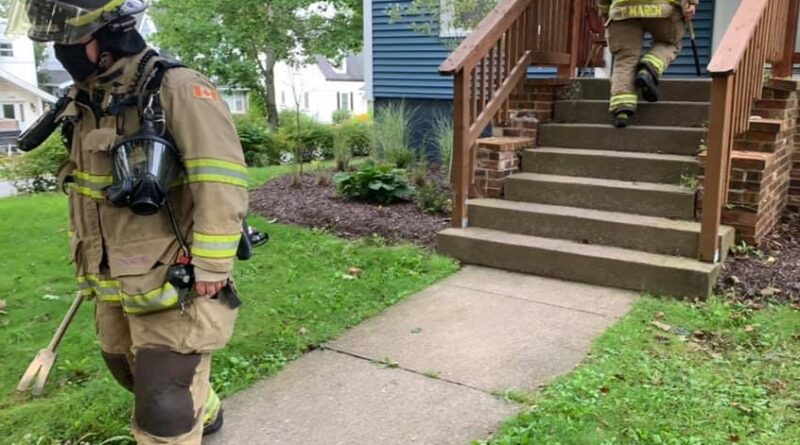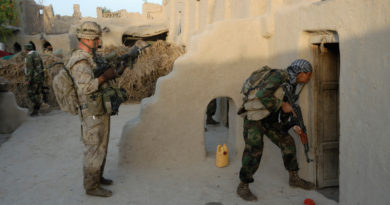Mental Health of Police, Military and Security
by Jay Heisler
After teaching a mental health advocacy course for three years, I have been excited to see advances in police, military and security fields on mental health. Within a few short months I have attended the first of an annual conference series on mental health for first responders, an online conference of US military psychologists, and worked with veterans pushing for reform on moral injury. It is like a dam has broken and this issue is finally seeing traction. But what are practitioners in the field saying?
Michael Sugrue is the author of Relentless Courage, a pivotal book on mental health reform for police officers in uniform. Michael was kind enough to sit down with me for a discussion of what policies need to be implemented.
Sugrue told me that we need to change the entire culture in US and Canadian police agencies. He isolated a main problem as being a stigma associated with asking for help, which can even prevent admitting you have problem to begin with. Policies need to be in place to reduce stigma when it comes to requesting psychological care, but also the stigma associated with having mental health challenges to begin with.
Sugrue said those in uniform often bring their pasts to work as well, mirroring what I see teaching mental health sensitivity in continuing education to military, police and first responders.
Sugrue explained that your own experiences growing up as a child go hand in hand with what we’re dealing with in our personal lives.
“I never realized the extent of domestic calls,” Sugrue told me. “Until I was going through my divorce. I could emphasize.”
The fact that your own background famously affects how triggered you are by specific issues further compounds a culture where those in uniform fear that they look weak for asking for help. This creates an overall more toxic culture in which nobody wants to be seen as the weak link, and in which fresh perspectives and lived experience with issues are silenced.
These lessons are useful as well for those in civilian intelligence. A former CIA officer told me on condition of anonymity that the agency has a problem with attrition owing to a lack of remote work and work-from-home options, which compounded mental health strain for many. This refusal to adjust with the times has affected me personally as I pursued a US national security career from Canada as a US-Canadian dual citizen.
Other former CIA personnel were happy to speak on the record.
“While the focus on veteran mental health is essential, we must not forget about the moral injury felt within the intelligence community,” Sarah Adams told me. Adams is a former CIA targeting officer and the author of the new book Benghazi: Know Thy Enemy.
Adams explained that CIA officers are accustomed to working in the most dangerous places in the world. They regularly deal with life-or-death situations and must make split-second decisions that could mean the difference between success and failure. It is already high stakes, and then a crisis like Afghanistan occurs in a location where the CIA has been sending officers to serve for over two decades. It caused immediate ripples throughout two separate generations of officers.
“We will remain stronger if we work with a whole of government approach to curb the mental health crises surrounding Afghanistan,” Adams added.
Jay Heisler is Voice of America’s Canada correspondent. He also teaches a mental health advocacy course at a Canadian university and works on various training and education projects in national security in the US and Canada. He is currently working on a book contract and at other freelance writing.



